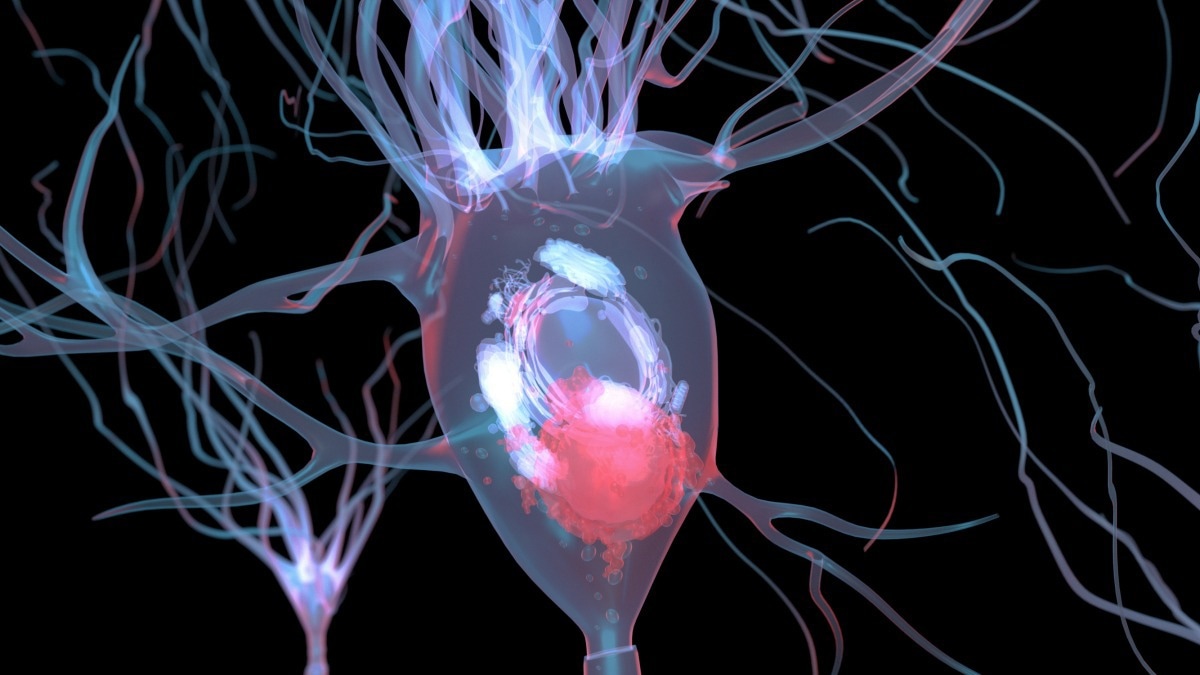Researchers have discovered a new connection between Parkinson’s disease development and the immune system.

Image Credit: McGill University
Researchers at McGill University’s The Neuro (Montreal Neurological Institute-Hospital) have found that an immune response significantly influences the formation of hazardous protein clumps, or Lewy bodies, in brain cells and their role in disease.
This implies that immune-system-triggering factors, such as long-term stress, exposure to toxins, or chronic inflammation, may be associated with the onset of Parkinson’s disease.
Our findings suggest anyone can develop Parkinson’s if exposed to the right environment, and so a genetic predisposition to disease may not be necessary. This marks a significant step forward to understanding key aspects of Parkinson’s and other neurological diseases.”
Peter McPherson, Study Senior Author and Distinguished James McGill Professor, McGill University
His group collaborated with the Early Drug Discovery Unit at The Neuro.
He added that the results, published in Nature Neuroscience, provide new opportunities for treatments designed to control immune responses.
Recreating a Hallmark of Parkinson's Disease
For the first time, researchers replicated Lewy bodies in real human neurons produced from stem cells. The researchers observed the formation of protein clusters in real time and determined the necessary conditions: the presence of α-synuclein and an immune response. Lewy bodies are generated solely in dopamine-producing neurons, the brain cells afflicted in Parkinson's disease, not in other neurons.
Until now, Lewy bodies in human neurons could only be investigated after death, which limited researchers’ understanding of them.
The researchers also revealed that Lewy bodies comprise more than misfolded proteins, as previously thought. This enhanced understanding of their composition, combined with the ability to examine their production in real-time, could give drug developers new targets for slowing the progression of Parkinson’s disease, which has no treatment and affects over 100,000 Canadians.
More Evidence of the Immune System’s Important Role
The results support previous research showing that an immune response plays an important role in Parkinson’s development. Future studies should focus on understanding how inflammation caused by an overexcited immune system causes Lewy body formation when coupled with α-synuclein.”
Armin Bayati, Study First Author and PhD Candidate, McGill University
Source:
Journal reference:
Bayati, A., et al. (2024) Modeling Parkinson’s disease pathology in human dopaminergic neurons by sequential exposure to α-synuclein fibrils and proinflammatory cytokines. Nature Neuroscience. doi.org/10.1038/s41593-024-01775-4.